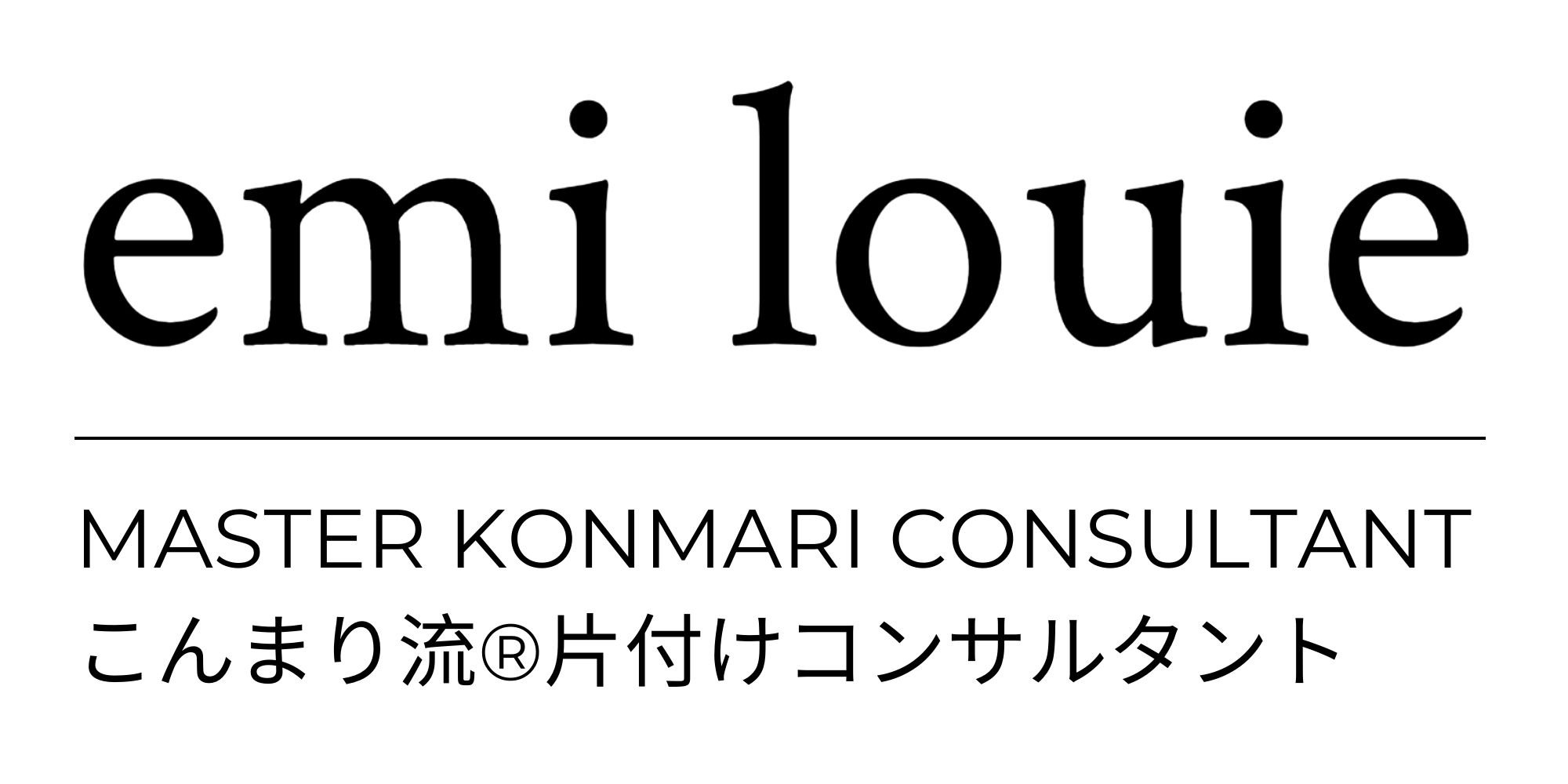books.
Marie Kondo’s basic principle for books is to curate your "hall of fame." This means something different for everybody, and it can be helpful to think about what it would look like for you. Think of it as your "book vision."
For Marie Kondo, her hall of fame is a concise collection of her all-time favorites, tucked away in her closet. In contrast, I once had a client curate a large "resume" of her literary journey, which we displayed prominently in her living room, arranged by color :)
Many of us have books that we started but never finished. If this sounds like you, consider Marie's idea that the best time to read a book is when you first pick it up. That is the moment when the book speaks to you and invites you to take action. Sometimes the action is to read the book, but sometimes it is to stop reading the book and seek out something else, such as a seminar, or even a different book on the same topic. At that point, the book has served its purpose and you are not obligated to finish reading it.
—
how to joy-check books.
These are the basic steps for joy-checking your books.
Step 1. Gather all of your books in one place. And yes, you do have to take them out of the bookshelf!
Step 2. Sort books into sub-categories if needed (e.g., fiction, business, self-help, reference, travel, cookbooks, business, poetry, coffee-table books, etc.)
Step 3. Tap your books to “wake up” their energy.
Step 4. Touch each book and ask yourself if it sparks joy.
Step 5. Sort "joy" items to one side and discard items to the other.
Step 6. Thank each discarded item as you let it go.
—
questions to ask when you get stuck.
When you get stuck, ask yourself the questions below. I've been told by clients that it helps to speak the questions and answers out loud--it makes them be more honest with themselves.
When did you get it?
How did you acquire it?
What was your intention at that point in time?
Have you read it?
When was the last time you opened it?
Is this book “aspirational” or a “to-do” for you, and what would it mean if you never read it?
If you were being honest with yourself, would you keep it?
Energetically, does this book add to or take away from your book hall of fame?
Why are you hesitating?
Would you buy this today?
If you accidentally put this into the donation bag and gave it away, how would you feel?
If you didn't have it, what would happen, and how would that feel?
—
storage.
Books are best stored in one centralized location. The exception is books that are accessed frequently, in a very specific location, such as cookbooks.
There is no “right way” to organize your books—it’s a matter of preference and function. If you have a large collection and need to access specific titles quickly, consider storing them by category or alphabetical by author. If you don’t access your books frequently, consider styling them by color so that you can enjoy them as part of your home’s decor.
discarding books.
Books that are no longer serving you can be discarded with gratitude. When letting go of books, consider donating, selling, repurposing or recycling to give them a new life. If you’re in the San Francisco Bay Area, check out my list of discarding resources.
